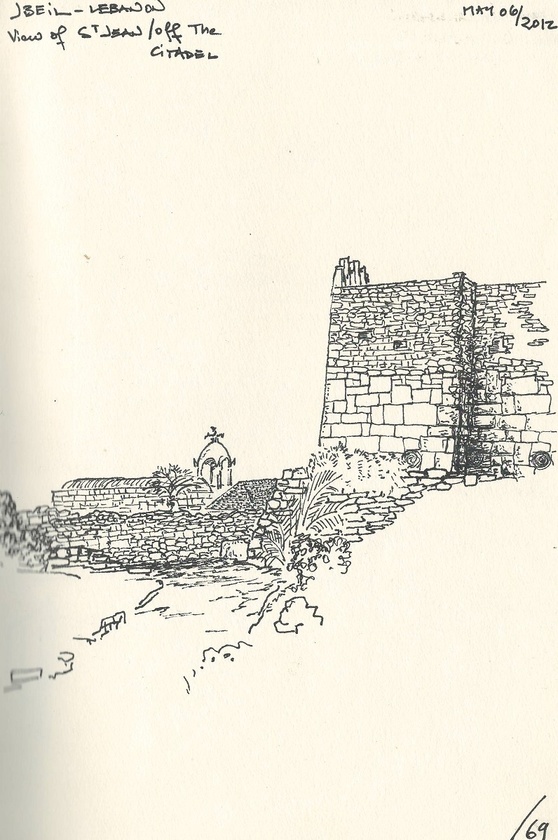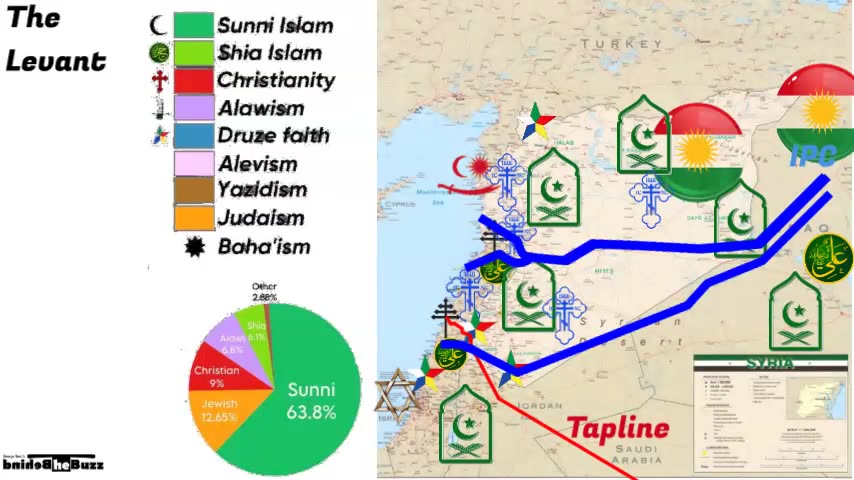
Byblos shows a layered history, from Phoenicians, to Romans, Byzantines, Ottomans, and now hapless Lebanese governments.
The Phoenician “Gebail”, continuously inhabited since 5000 BC, may have been first settled between 10,800 and 9,000 years ago. That would have been before agriculture, at the time of the mysterious ancient hunter-gatherer culture that gave rise to Göbekli Tepe's temple and Jericho's ancient towers.
Much like Japan's Jomon Culture, ancient Phoenicians could reliably rely on fishing. this would have allowed them to settle in cities long before agriculture was developed.
With agriculture, the city then thrived; known to the Greeks as “Byblos”, after its monopoly of book papyrus, the city gave its name to the Christian Bible.

The COP30 phased out language about "phasing out" all "fossil fuels"; here's to the return of scientific objectivity















